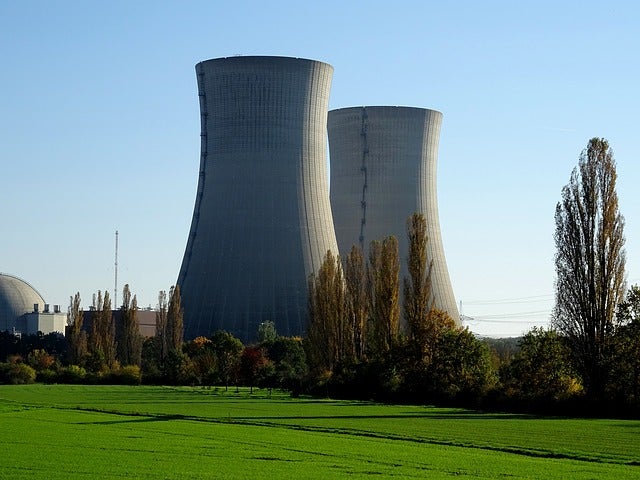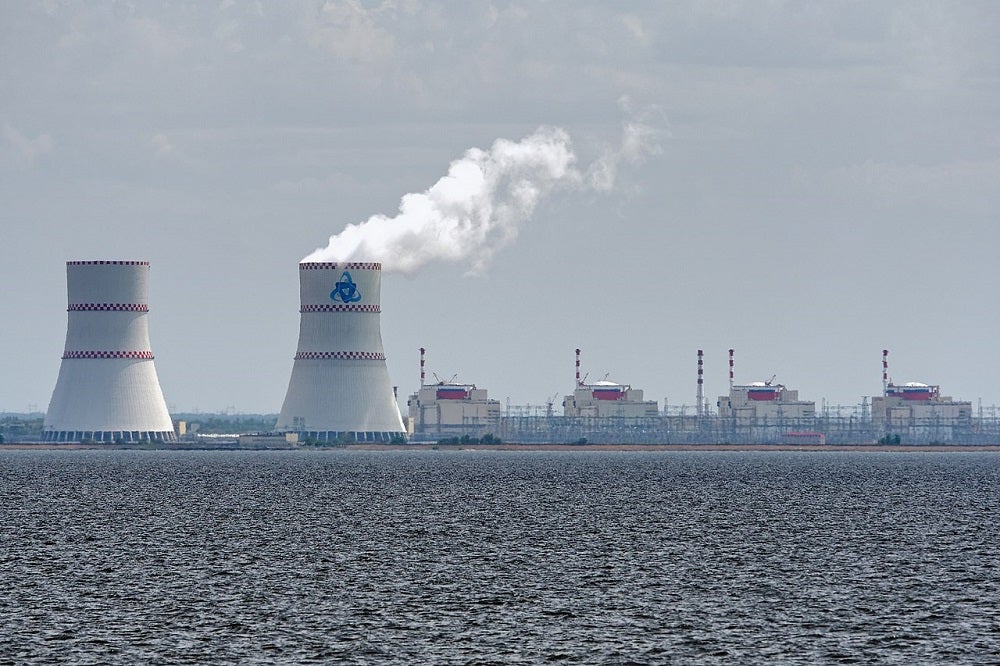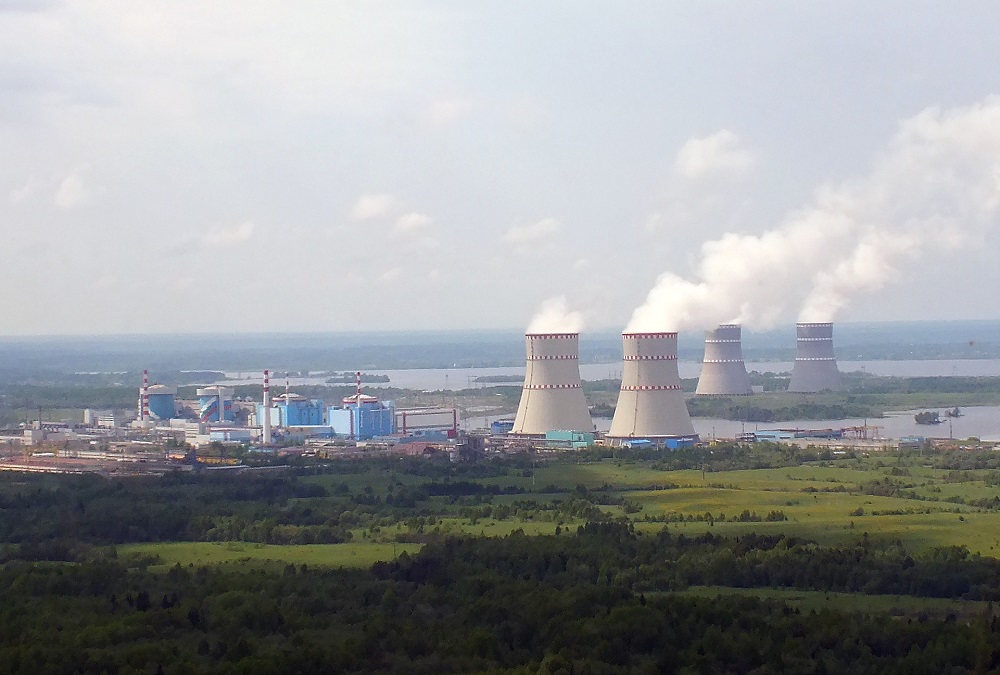
In December 2018, the gross installed capacity of nuclear power plants in Russia was 31.3 gigawatts (GW). Now, with another power plant and three more nuclear reactors being brought online, production of the energy has increased significantly.
Rosenergoatom, which owns the nuclear facilities, was founded in 1992 and is a subsidiary of Russia’s giant state-owned atomic energy corporation, Rosatom. This is Russia’s largest electricity generating company, producing more than 18% of the country’s electricity.
With a nuclear history dating from 1937, Russia currently has the only floating nuclear power plant in the world—Akademik Lomonosov — which is also owned by Rosenergoatom. The state-run energy giant is planning to establish more such power plants along the country’s north coast.
NS Energy profiles Russia’s top five nuclear power plants.
1. Leningrad nuclear power plant
Located on the southern shore of the Gulf of Finland, in the town of Sosnovy Bor, Leningrad nuclear power plant comprises four operational reactors. All are owned and operated by Rosenergoatom, among which, three reactors each have a net capacity of 925MW, while the fourth returns 1085MW, making Leningrad nuclear power plant the largest in Russia (net capacity-wise). Two reactors will shut down as early as 2021, while the fourth is expected to close around 2026.
2. Rostov nuclear power plant

Russia’s second-largest nuclear power plant, Rostov, is located near Volgodonsk in Rostov Oblast, in the lower stream of the Don River. Owned and operated by Rosenergoatom, three reactors hold a net capacity of 950MW, while the remaining unit has a marginally higher net capacity of 1011MW. Rostov is credited with the revival of the nuclear industry in Russia following the collapse of the Soviet Union. Currently, no date has been set for the shutdown of any of the plant’s reactors.
3. Balakovo nuclear power plant
Located 900 km to the south-east of Moscow in the city of Balakovo, of Saratov Oblast, on the east bank of the Volga river, Balakovo nuclear power plant has four operational reactors. Owned and operated by Rosenergoatom, each reactor generates a net capacity of 950MW, making Balakovo the third-largest in Russia. The net annual electricity output is about 29,062 gigawatt-hours (GWh). The earliest reactor closure will not be before 2043, with the final shut down planned for a decade later.
4. Kalinin nuclear power plant

Rosenergoatom’s Kalinin nuclear power plant, 200km north-west of Moscow, near the town of Udomlya in Tver Oblast, is Russia’s fourth-largest plant. It has four operational reactors, with each generating a net capacity of 950MW. Its net annual electricity output is about 20,106GWh. Most of the electricity in the Tver region is supplied by Kalinin, which also caters to Saint Petersburg, Moscow and Vladimir. The earliest likely reactor shutdown will be in 2025, with the final unit going offline in 2041.
5. Kursk nuclear power plant
Located about 40 km west of the city of Kursk, on the bank of the Seym River in western Russia, Kursk nuclear power plant has four operational reactors generating a net capacity of 925MW each. The neighbouring town of Kurchatov was established after construction began at the Kursk plant. Generating an annual net output of about 22,760GWh, Kursk nuclear power plant and Kurchatov town were locations for the 1991 American TV movie Chernobyl: The Final Morning. Electricity generated here is fed to the Kursk Oblast grid. The earliest reactor shutdown will be as soon as 2021, while the last is likely to cease operation in 2030.




